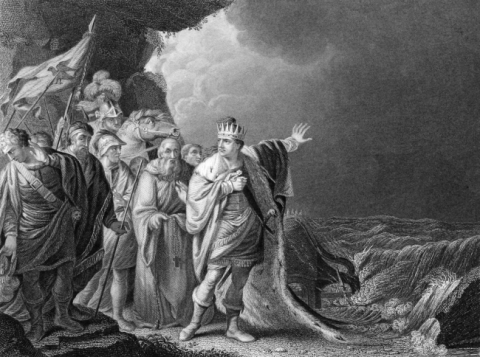
During the Constitutional ratification debates, the skeptical party worried that a state that tried to govern too many people and too much territory would inevitably degenerate into despotism. That is why they believed in keeping as much authority in the localities instead of exporting it to the top.
Their principle can be generalized. A republic turns despotic not only when it tries to govern too many people and too much territory, but also when it tries to govern too many things. A massive bureaucracy, topped by an emperor, staffed by members of the knowledge class, suffering conceits of all-knowledge and all-competence, inexorably becomes the true rulers.
All other influential classes become subservient to it; more and more, for example, the directors of large businesses expect to make profits less by producing new wealth, than by courting patronage and manipulating the regulatory apparatus. Under such a regime, the governing norm is no longer the rule of law, but the rule of the deal and decree.
How doubly unlucky for us that these patterns have repeated themselves at the same moment that our knowledge class has repudiated the natural law.
One suspects that the renunciation of nature will have unanticipated consequences. But our emperors and bureaucrats do not believe in unanticipated consequences. How else explain lunacies like transgender bathrooms?
If they ever waxed philosophical, they would claim to rule nature herself.
Ancient chroniclers have preserved a pair of apocryphal stories about this error. Although the two stories end differently, they begin similarly. When the Emperor Caligula had brought the Roman army to the English Channel, he had his troops bring artillery pieces and form a line of battle on the shore to intimidate Ocean. When King Cnut had attained “the summit of his power” over England, Scotland, Denmark, and Norway, he ordered a throne set up on the shore, commanding the waters neither to flow over his land nor to presume to wet his feet or clothing.
But Caligula declared victory over Ocean, commanding his soldiers to gather shells as spoils of conquest, and then fleeing. By contrast, when the waters poured over Cnut’s feet and legs, he rose, stepped backward, and cried to his courtiers, “Let all men know how empty and worthless is the power of kings. No one is worthy of the name but He whom heaven, earth, and sea obey by eternal laws.”
As only one of these sovereigns admitted, it is God who compassed the sea with its bounds and set a law to the waters. Nature limits human laws, but by His laws nature came to be.
Don't overlook: Book Trailer